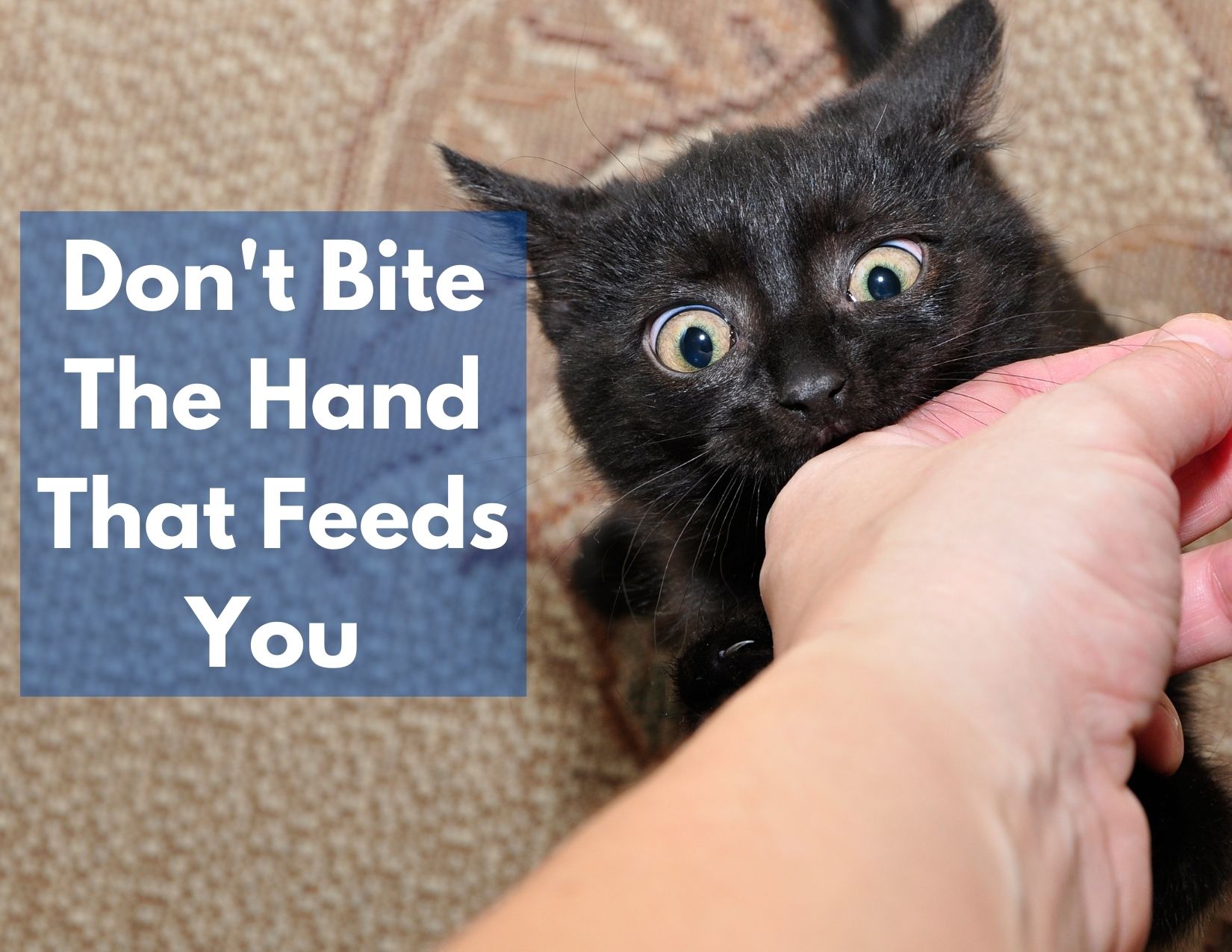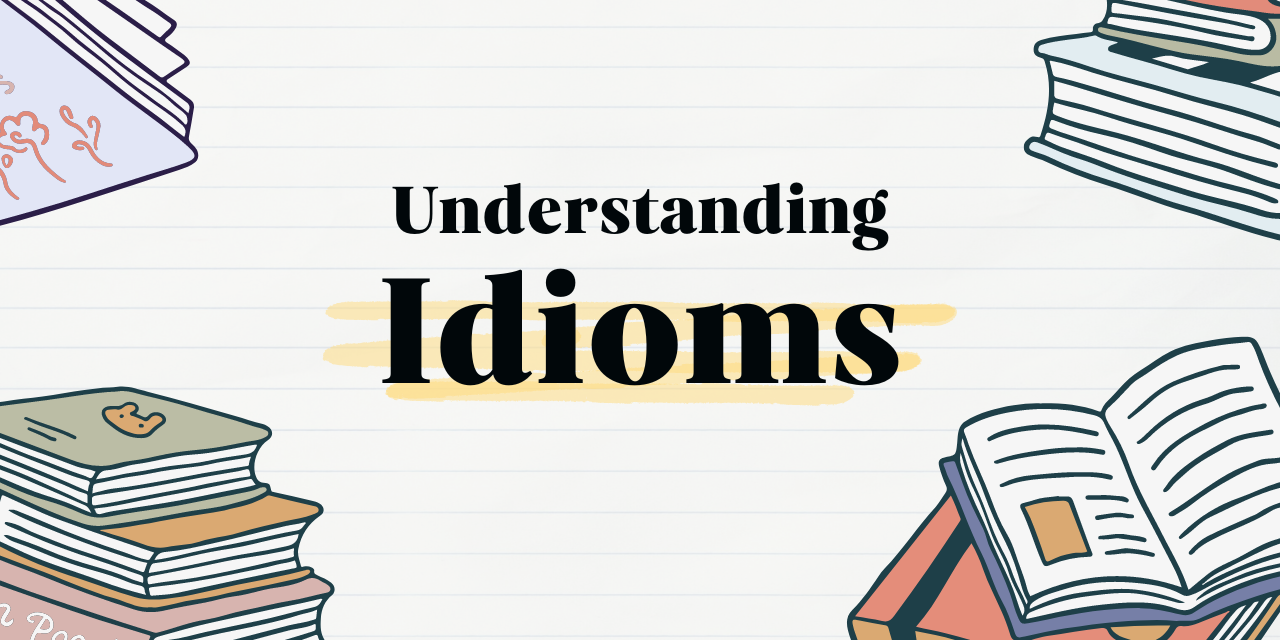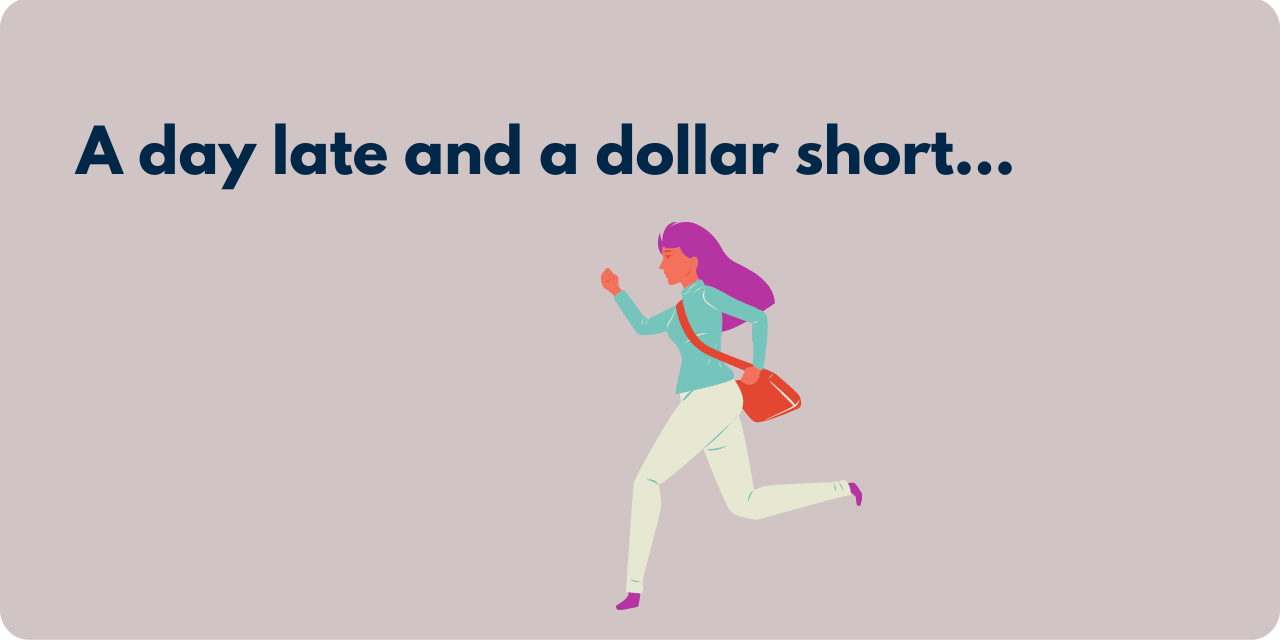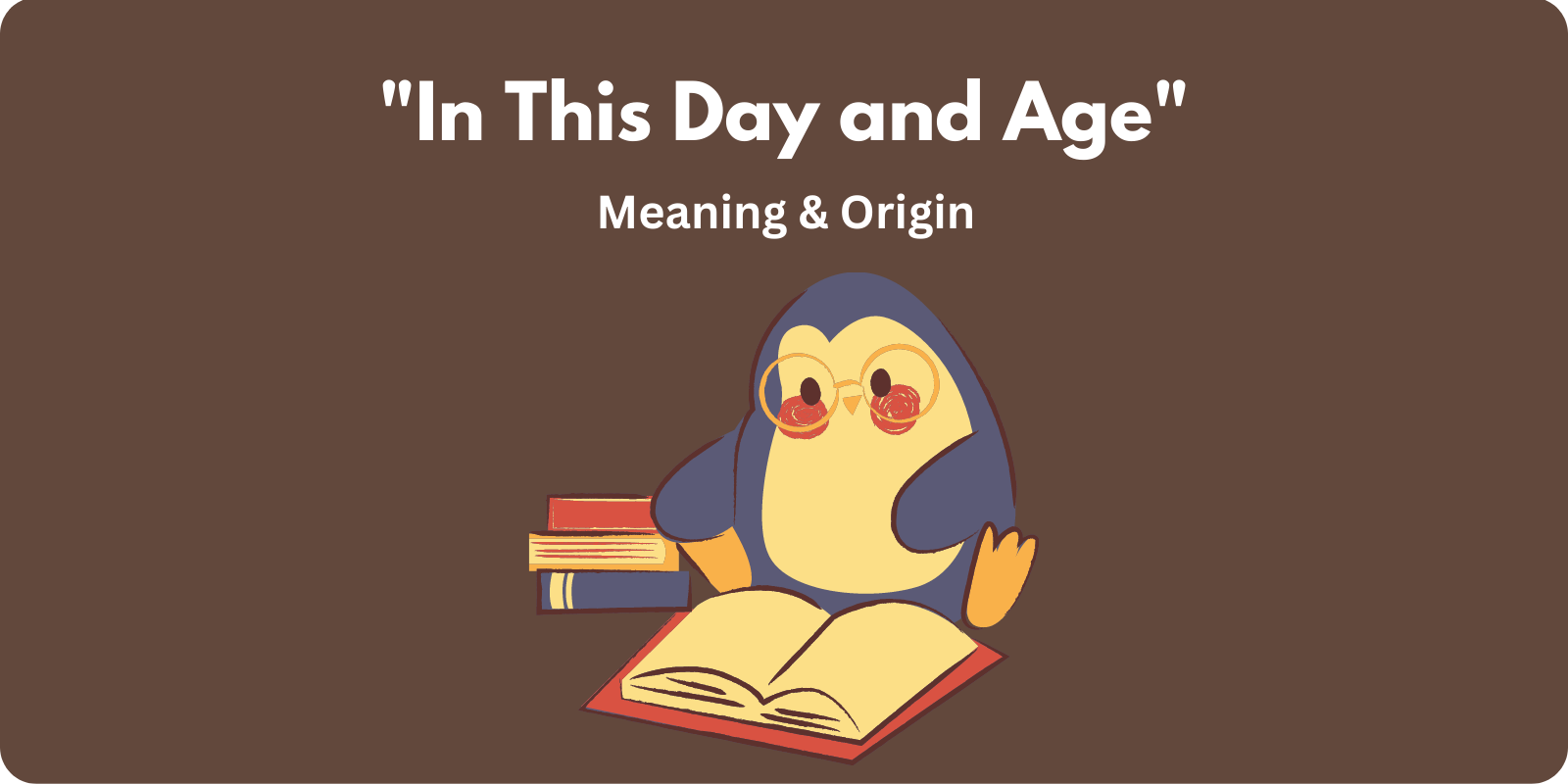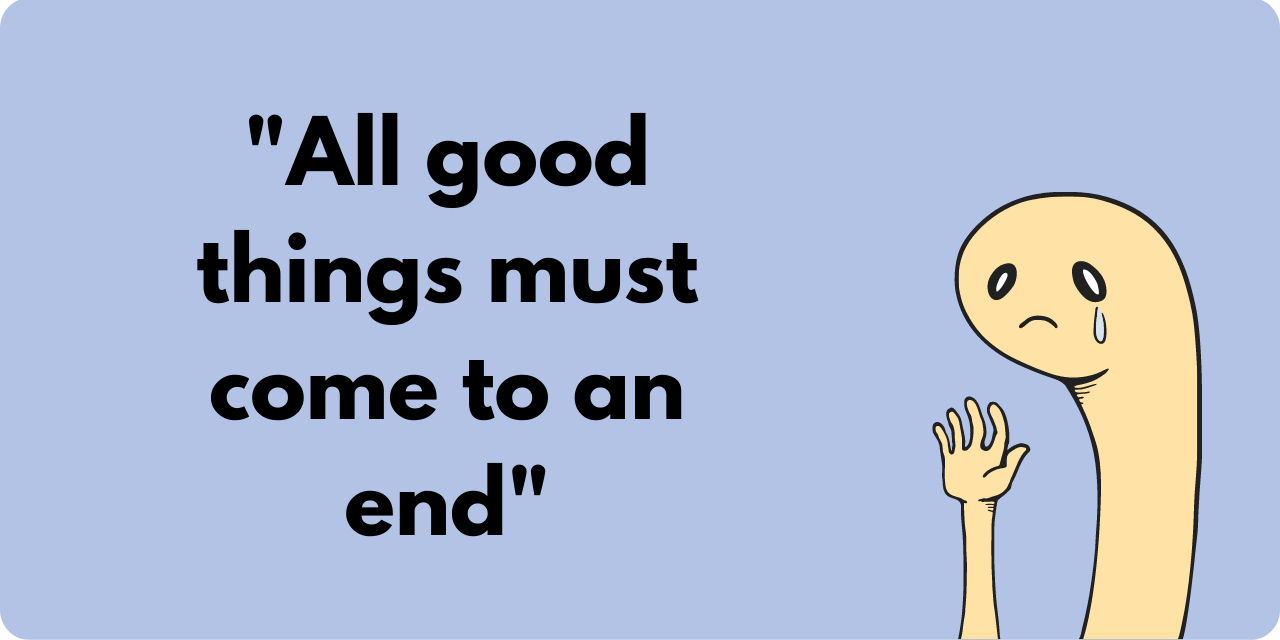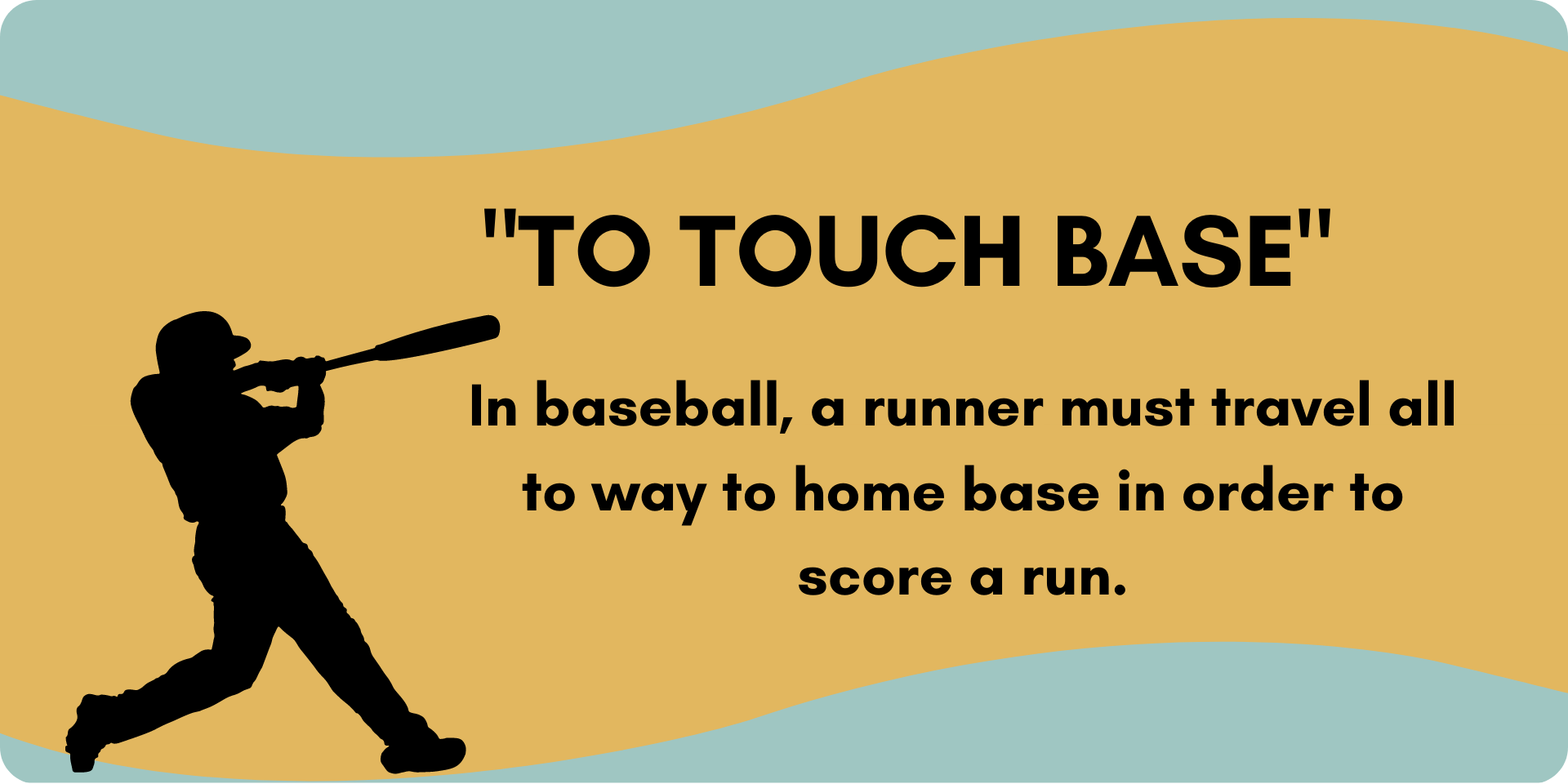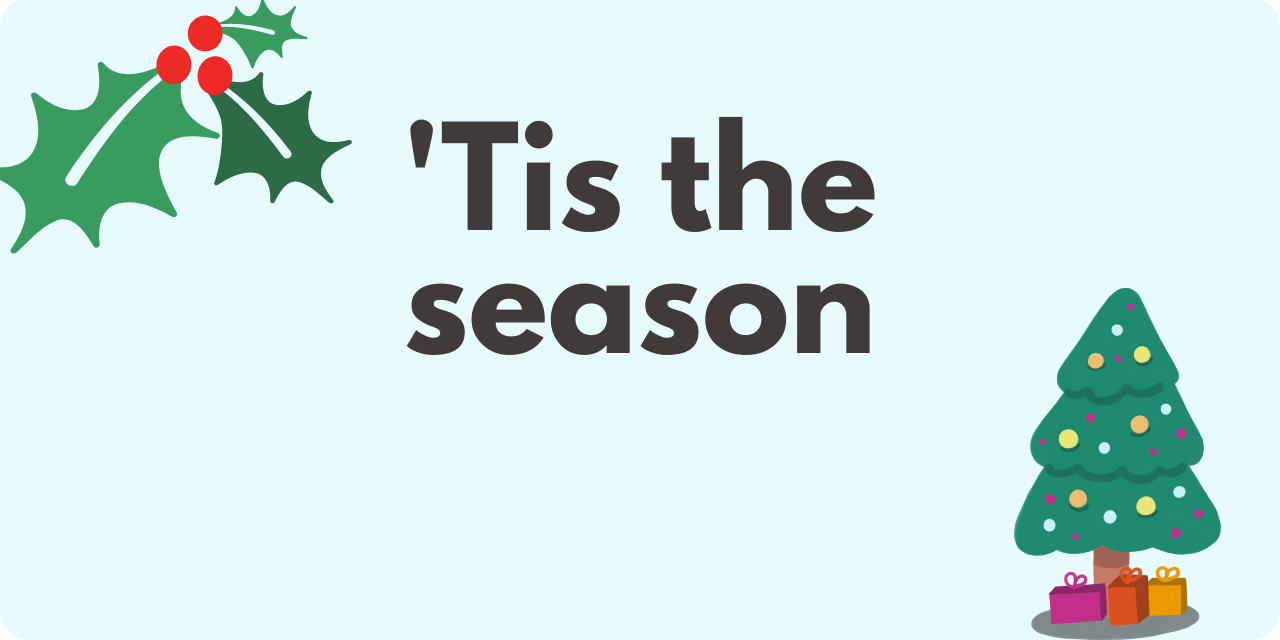Relationships between people can be challenging. So, to help, there are some practical rules to follow. For instance, it is usually a good idea to stay calm and be easygoing when dealing with co-workers or friends.
Shouting or getting angry at others can damage personal or working relationships.
This is especially true if that particular “someone” helps you significantly – like making sure you get paid!
To describe this situation, the English language has a handy expression: to bite the hand that feeds you.
Meaning of the Phrase
This phrase means to behave badly toward the person or persons helping you or have helped you. You are unthankful, ungrateful, and unappreciative when you bite the hand that feeds you. In other words, you turn against or even hurt somebody that’s helping you.
We often use this idiom as a word of advice or guidance — as in don’t bite, or you shouldn’t bite the hand that feeds you.
Now let’s check out an example.
So let’s say someone comes into your place of business and needs to buy something from you or even offer you a new job. But you, in return, are disrespectful to that person. In this case, I could say to you: “You should not bite the hand that feeds you.”
This phrase can also mean to turn against someone who has helped you in the past. Used in this way, you do not show respect for someone who has been there for you.
Origin
Some say that this phrase goes back to ancient Greece. The famous poet Sappho was said to have used it more than 2,500 years ago.
Other specialists claim that one of Aesop’s Fables, called “The Gardener and His Dog,” depicts an example of this idiom.
The story goes like this: A gardener’s dog played in a garden near a well where he fell in. The owner ran over to help. He reached his hand down into the well to try to pull his dog out. But as the man did this – his dog bit his hand!
“What very unappreciative behavior! I came only to help!” said the gardener. So, he left his dog and walked away.
The dog bit the hand that fed him, which was a big mistake.
Here is another example.
Say I’m working as an interior decorator. I go into people’s homes and businesses to decide how to enhance them. I select everything from paint and flooring to artwork and furniture.
Now, because I own my own business, my customers are significant to me. They’re my ‘bread and butter,’ meaning my profits are based on the money they pay to me. If my clients are pleased with my work, they will tell others. And that word-of-mouth referral business means more work and more funds for me.
But there is a problem: I have a problematic client. She constantly changes her mind about design decisions and doesn’t communicate very well. So, minor issues often become big situations.
What should I do? On the one hand, I could tell her to find another interior decorator. On the other, I could find a way to work with her. If the economy is fragile, it may not be a good idea to lose a client, even a demanding one. I decide not to bite the hand that feeds me and put up with the problematic client. If the economy improves, then I can show him the door!
Now you can try using this expression. Have you ever bitten a hand that fed you, or maybe someone bit your hand?
For Further Analysis, Watch The Video Below
Related: Check out our section of common expressions here.
Want to sharpen your business writing skills? Discover our acclaimed online courses at syntaxtraining.com

